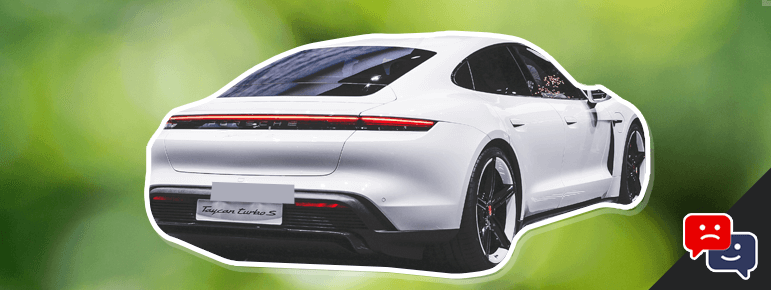Last Updated on April 4, 2024
Electric cars run much differently than internal combustion engines and operate by a whole new set of rules. But, do electric cars have catalytic converters?
No, because electric cars do not have byproducts of combustion that need to be filtered, they don’t have catalytic converters.
Electric vehicles are inarguably better for the environment than gas-powered vehicles because they don’t produce a fraction of the toxic fumes.
And if you are considering taking the plunge into electric vehicle ownership, it can be an intimidating journey.
One common question first-time EV buyers have is whether or not electric vehicles need a catalytic converter. We’re here to put your mind at ease and provide insight into this important topic.
The good news is, electric cars aren’t bogged down with pesky catalytic converters! That’s a huge load off for car owners; there’s less maintenance with an electric car than compared to a traditional gas-driven ride.
In this blog post, we’ll walk through the details of what’s inside an EV versus a traditional gas car and discuss why EVs don’t need catalytic converters.
Why Don’t Electric Cars Use Catalytic Converters?
EVs don’t require catalytic converters the same way that internal-combustion engines do. The combustion process of a gas-powered vehicle produces a bunch of nasty compounds.
As such, these harmful exhaust compounds need to be filtered out. This process happens through the catalytic converter.
Truth is, the catalytic converter’s sole job is to reduce those harmful compounds into less dangerous ones. Modern catalytic converter technology is capable of filtering up to 90% of an engine’s emissions.
In fact, since 1975, all gas-powered vehicles have required a catalytic converter. Prompted by environmental advocates since the ‘70s, and included by manufacturers once lead was removed from gasoline.
Electric vehicles, quite simply, don’t rely on internal combustion engines to power them. As a result, they don’t produce harmful exhaust fumes. Thus, no need a catalytic converter.
Do EVs Have an Exhaust System?
If you’re following the trail of breadcrumbs, then you might feasibly assume that EVs don’t have exhaust systems. You would be right – electric cars don’t have anything to pump out, so they don’t need exhaust system.
However, Hybrid vehicles still require exhaust systems. Because, while they don’t run purely on electricity, their gasoline and electric motor combo still requires an exhaust system to push out pollutants created when the car is running.
With that said, some of the latest EV’s are built with a system that simulates the sound of a muffler setup on an gas-powered vehicle.
This is for those drivers that just can’t live without the satisfying vroom vroom sound of a traditional combustion engine.
However for most drivers, the peace and quiet of an electric vehicle is pleasing. Especially for longer long commutes to and from work.
How Do EVs Run Without an Exhaust System?
If EVs don’t use a combustion engine to supply power, then what do they use? Good question! Electric cars are powered by an electric motor.
And, the energy the electric motor requires to produce momentum is supplied by a super powerful lithium-ion battery.
This stored electricity is used for every function of the vehicle, and must be recharged every once in a while. The single charge of an EV is commonly referred to as the range.
Do Tesla Cars Have Catalytic Converters?
Tesla cars, like all other electric cars do not require a catalytic converter because there’s no need to remove toxic pollutants from the vehicle.
Final Thoughts: Do Electric Cars Have Catalytic Converters
Electric cars have no need for catalytic converters. This is why they’re often referred to as zero-emission cars — although the electricity needed to power them does create some carbon pollution.
Without the need for a catalytic converter, EVs do not have an exhaust system either. Which is why you’ll see a distinct lack of a tailpipe peaking out the back of an electric car.

Managing Editor
Christopher is an automotive technical writer. When he’s not at the local autocross event, he can often be found working on one of his cars. Specializes in automotive class action law, industry trends, and automotive maintenance. Email me direct, or learn more about us

